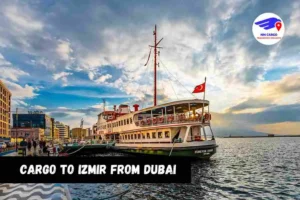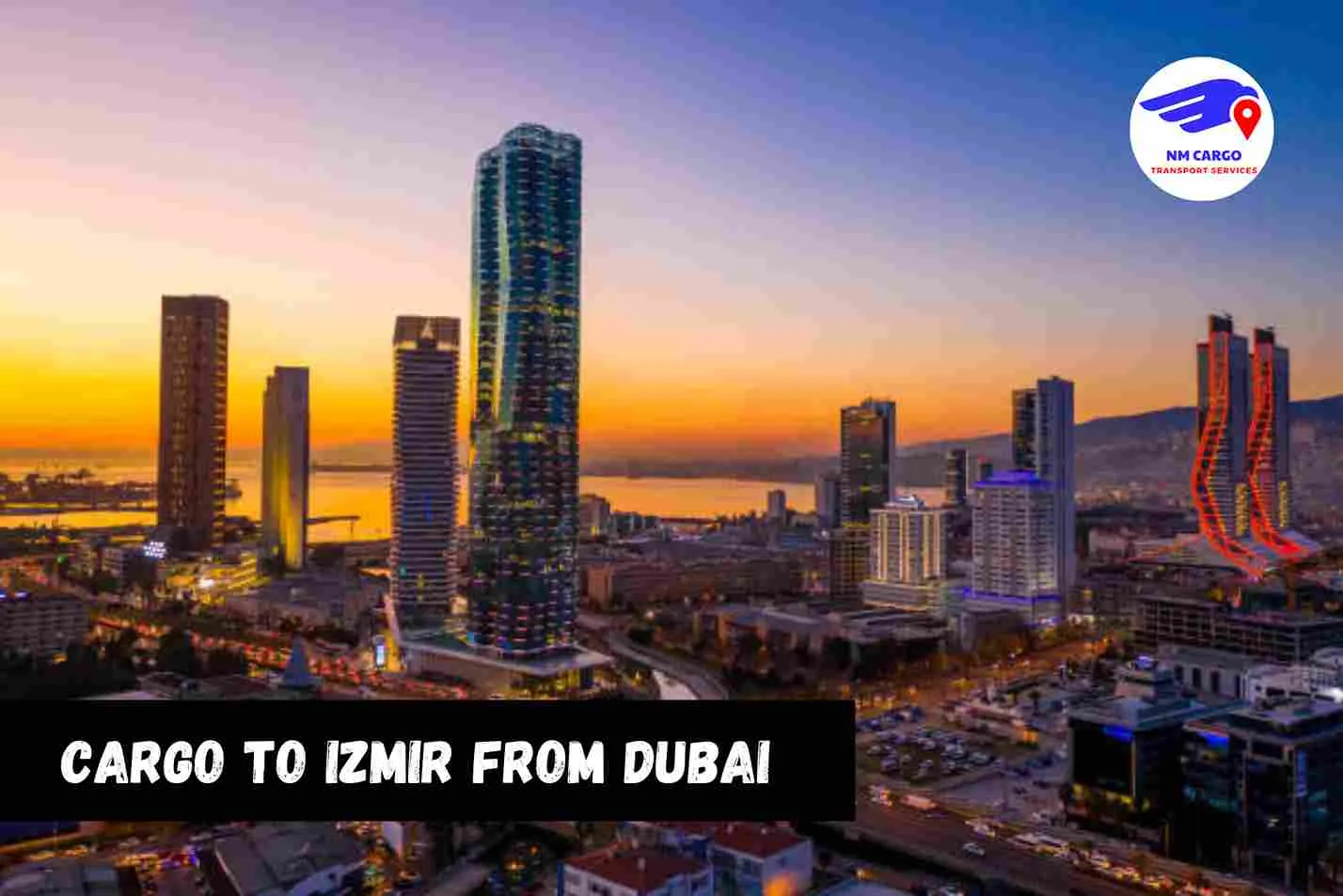Shipping cargo from Dubai to Izmir involves a blend of strategic planning, adherence to regulations, and efficient logistics management. As a prominent port city in Turkey, Izmir represents a crucial hub for trade and commerce, linking the Middle East with Europe and beyond. This article delves into the various aspects of transporting cargo from Dubai to Izmir, providing insights into the logistics, documentation, and best practices for a seamless shipping experience.
Understanding the Route: Dubai to Izmir
Geographic and Economic Significance
Dubai, located in the United Arab Emirates, is a global trade center known for its state-of-the-art logistics infrastructure and strategic location. Izmir, situated on Turkey’s Aegean coast, is one of the country’s major ports, facilitating extensive international trade. The route between these two cities spans approximately 3,000 kilometers, crossing through key maritime and logistical hubs.
Transportation Modes
- Sea Freight: The primary mode of transportation for bulk and containerized cargo. Sea freight offers cost-effective solutions for large shipments, with regular shipping lines connecting Dubai’s Jebel Ali Port to Izmir’s Alsancak Port.
- Air Freight: For high-value or time-sensitive goods, air freight provides a faster alternative. Cargo flights from Dubai International Airport to Adnan Menderes Airport in Izmir offer expedited delivery options.
- Land Freight: Although less common, land transportation via trucking is feasible for certain cargo, particularly for overland routes involving transit through neighboring countries.

Key Considerations for Shipping Cargo
Documentation and Customs Requirements
Shipping cargo from Dubai to Izmir requires meticulous attention to documentation and customs regulations:
- Bill of Lading (B/L): A critical document that serves as a contract of carriage and a receipt for the cargo.
- Commercial Invoice: Details the value, quantity, and description of the goods.
- Packing List: Provides information on the cargo’s packaging and handling instructions.
- Certificate of Origin: Certifies the origin of the goods, often required for customs clearance.
- Customs Declaration: Both UAE and Turkish customs authorities require detailed declarations to ensure compliance with local regulations.
Simplified PayPlus Card Balance Check Online
Effortlessly check your card balance with the PayPlus Card Balance Check Online service. Available around the clock, this user-friendly tool ensures you can monitor your funds anytime. It’s the perfect solution for tracking expenses or planning budgets, giving you the freedom to manage your finances securely and efficiently.
Packaging and Labeling
Proper packaging and labeling are essential to protect cargo during transit and facilitate smooth customs clearance. Ensure that:
- Packaging is robust and suitable for the type of cargo.
- Labels include all necessary information, including the destination address, handling instructions, and any hazardous material warnings.
Shipping cargo from Dubai to Izmir involves careful planning and attention to detail. By understanding the route, considering key factors like documentation, packaging, and insurance, and selecting the right logistics partner, you can ensure a smooth and efficient shipping process. Whether you choose sea freight for cost-effective bulk shipments or air freight for expedited delivery, a well-managed cargo operation will contribute to successful international trade and business growth.




